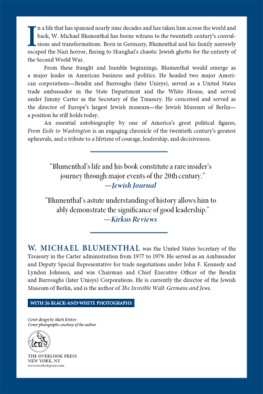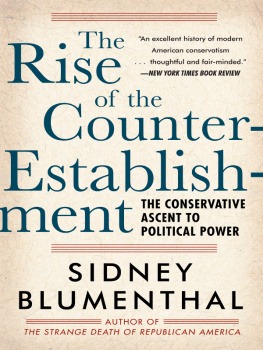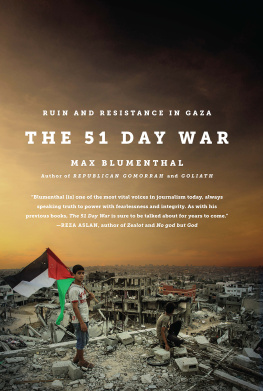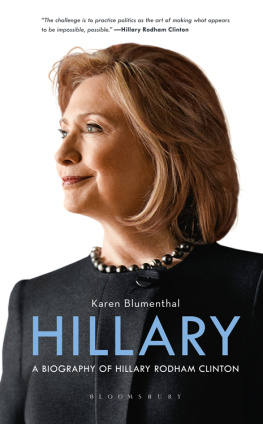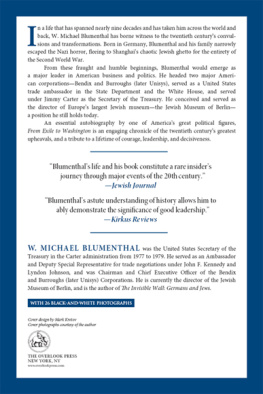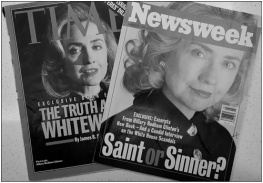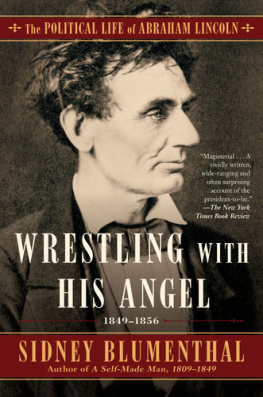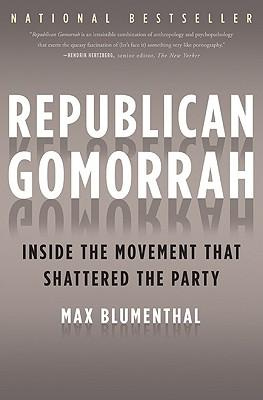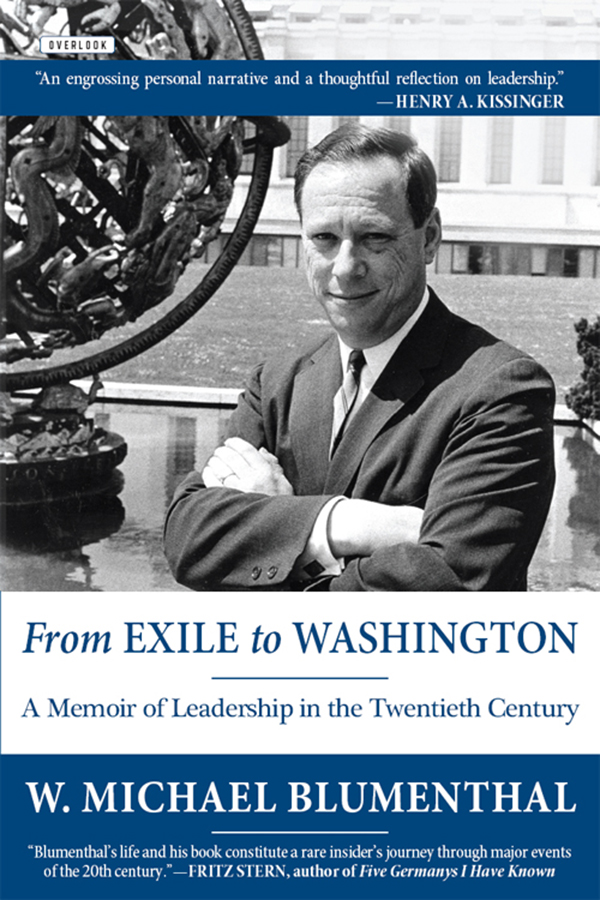This edition first published in paperback in the United States in 2015 by
The Overlook Press, Peter Mayer Publishers, Inc.
141 Wooster Street
New York, NY 10012
www.overlookpress.com
For bulk and special sales, please contact ,
or write us at the address above.
Copyright 2013 by W. Michael Blumenthal
All rights reserved. No part of this publication may be reproduced or transmitted in any form or by any means, electronic or mechanical, including photocopy, recording, or any information storage and retrieval system now known or to be invented, without permission in writing from the publisher, except by a reviewer who wishes to quote brief passages in connection with a review written for inclusion in a magazine, newspaper, or broadcast.
ISBN: 978-1-4683-1230-0
The Invisible Wall: Germans and Jews
For Barbara
History is the essence of innumerable biographies.
T HOMAS C ARLYLE
T he twentieth century was a period of enormous material progress, but also of regression into the worst kind of barbarism. Throughout recorded human history, mankind has always been at war with itself in a conflict between two sets of antipodal elements of the human spirit: on the one hand, cognitive brilliance, inventiveness, cultural accomplishment, courage, and concern for the individual and the common good; on the other, cruelty, cowardice, indifference to human life, greed, and the lust for power.
At no time was this contrast between beauty and brutishness, and progress and regression, as evident as in the last century. In the brief space of a hundred years, a mere wink of the eye of recorded history, our lives and the very planet we inhabit changed dramatically, often for the better and sometimes for the worse, but no one on this earth was left untouched. For those of us who lived through it, it was a fascinating if sometimes frightening time to be alive.
There were great discoveries in the basic sciences, pathbreaking new technologies, and the development of a wide array of new sources of energy. Man harnessed the atom, walked on the moon and probed the outer reaches of the universe. Rapid dissemination of human knowledge left few parts of the world untouched. A revolution in electronics gave us instant worldwide communication and the jet engine brought the furthest corners of the earth into reach in less than twenty-four hours. A large number of diseases, little understood when the century began, were conquered, and within the span of three generations greater medical advances were achieved than in all of previously recorded history. Life expectancy increased dramatically in many parts of the world, and as the twentieth century came to an end, the new science of genetics had begun to unlock the mysteries of life and death itself.
Far-reaching developments also fundamentally reshaped political relationships and the world economy. Colonialism, still a major world force at the centurys beginning, was swept away virtually overnight and scores of newly independent nations emerged in Africa and Asia. It had been more than a hundred years since the French Revolutions battle cry for liberty, equality and fraternity, but at the beginning of the twentieth century true democratic government was still uncommon in Europe and, except in North America, virtually nonexistent anywhere else. In fact, in the early decades, it was democracy that was under pressure, while totalitarianism was in the ascendancy, and on the eve of the Second World War constitutional government in Europe had become the exception rather than the rule. Yet fifty years later, following a long and dangerous confrontation between these two political philosophies, democracy rather than totalitarianism had prevailed. Even in hindsight, the sudden disintegration of the Soviet Union and speedy disappearance of Communism as a world force were among the most astonishing events in modern history.
For a long time, Europe had looked with admiration and envy at the economic and political benefits Americans derive from their union, but her own continental integration had remained an impossible dream. Yet this seemingly unreachable ideal was brought much closer to reality as the century was drawing to a close. European economic and political unity made greater strides over the last several decades than anyone had believed possible, and though a lot remained to be done, by the year 2000 national boundaries in Europe had lost much of their meaning.
Yet there is the other side to considerthe twentieth centurys dismal record of aggression, wars, and violation of human rights. Hundreds of millions of lives were lost in two great world wars and in many lesser ones, in regional conflicts, and in ethnic, racial, and religious strife. The disintegration of colonial empires did not occur smoothly, and in newly emerging nations long-standing ethnic and religious divisions erupted in bloody rivalries once the colonial masters had disappeared.
In the Western world, far-reaching technological and political changes led to major societal upheavals, and with new uncertainties came new fears. As great opportunities arose for some, the changes produced a real or imagined loss of established status and position for others, and to cater to these insecurities there appeared those who offered seductively simple but flawed remedies.
Jews had been traditional victims of prejudice and blame, particularly in troubled times. At the beginning of the century, however, Jew-hatred had seemed on the wane, only to intensify again after the First World War in much of the Western world, culminating in great violence with tragic consequences for European Jewry at mid-century. Utilizing emotional anti-Jewish appeals as one of their weapons, reactionary, xenophobic, and radical political leaders seized power by force or deception, promising people liberty even as they disenfranchised them, and drawing the world into decades of hot and cold wars in attempts to shape the century to their own ends.
The result was two of the most destructive wars in human history, fought with unparalleled ferocity and cruelty against soldiers and civilians alike, a seemingly never-ending string of postcolonial conflicts, violent revolutions, and regional strife, and nearly four decades of tense and dangerous cold-war confrontations. As the twentieth century was ending, rogue states and cross-border terrorist groups created new insecurities and posed entirely novel threats to the established order.
It is one of the basic premises of this book that history is made by people and that it is always subject to the vagaries of circumstance and chance, depending on who has their hands on the levers of power at critical turning points, which choices they make and what their relationships are to one another. As the historian Fritz Stern has aptly put it, in history nothing is certain until it happens. Thus, few of the twentieth centurys major developments were unavoidable or inevitable, and there are many instances when the course of events might easily have moved in a different direction.
Would the First World War have occurred if the relatively moderate Emperor Frederick III, Germanys absolute monarch, had not succumbed to cancer in 1888 only 99 days after ascending the throne, and if his rash and imprudent son, Wilhelm II, had not succeeded him? What if the Treaty of Versailles following the First World War had read differently because leaders less bent on retribution and revenge had been in charge in France after 1918, and less feckless ones in Britain, or if America had not turned inward in the twenties under the unimpressive Harding and Coolidge Presidencies? Or what, we may ask, if during its first abortive experiment with parliamentary democracy in Germany, the Weimar Republic had been blessed with stronger, more effective leaders during those critical interwar years (as Germany would be after 1945): would that have kept Hitler from seizing power and changing history? If, at the last moment, an attempt on Hitlers life in 38 had succeeded, as it almost did, could the Second World War still have been prevented and the events of the half century thereafter taken a very different course?

